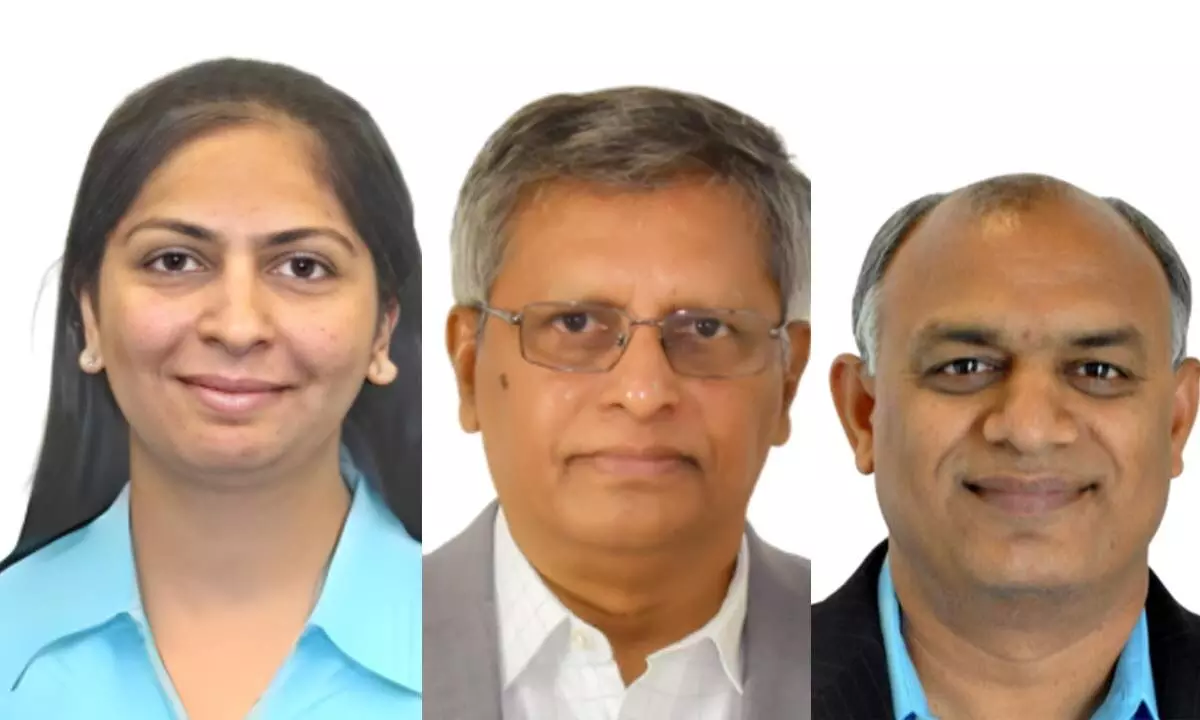Cancer cells develop resistance to specific drugs
To better understand cancer therapy resistance, Translational Cancer research scientist Dr Khyati Shah emphasised on the importance of modeling acquired resistance in vitro.
image for illustrative purpose

Hyderabad: To better understand cancer therapy resistance, Translational Cancer research scientist Dr Khyati Shah emphasised on the importance of modeling acquired resistance in vitro. This involves studying cancer cells that have developed resistance to specific drugs over time and identifying the mechanisms behind this resistance.
She was the first speaker on the fourth day of the workshop on ‘Drug Discovery and Development’, being organised by FABA (Federation of Asian Biotech Associations) Academy in collaboration with US-based nonprofit organisation Science Gurus, and the University of Hyderabad during March 13 - April 2, 2023. This workshop is also supported by World Trade Center Shamshabad & Visakhapatnam.
Dr Shah engrossed on “Overview of Drug Resistance, Cancer therapeutics, and Biologics”. Her topic was therapy resistance in cancer treatment, which can occur through non-genetic or genetic mechanisms. Non-genetic resistance involves changes in cellular signaling pathways, while genetic resistance results from mutations in genes that make cancer cells less responsive to treatment.
She also discussed experimental resistance in target resistance, where targeted drugs that inhibit specific kinases such as Aurora kinase, can result in the development of resistance to these drugs over time. Additionally, she highlighted the role of the tumor microenvironment in resistance evaluation, as it can impact the effectiveness of cancer treatments.
On the same day, Prof P Reddanna, Executive President of FABA discussed eicosanoids, which are biologically active lipids that play a role in various pathological processes like inflammation and cancer. Specifically, he explained the biosynthesis pathways and metabolism of Arachidonic acid by Cyclooxygenase (COX), lipoxygenase (LOX) and P450 epoxygenase pathways
These pathways generate eicosanoids such as prostanoids, leukotrienes, HETEs, and HPETEs. He also mentioned their potential as therapeutic targets. Furthermore, he discussed the clinical manifestations and mediators of inflammation, and emphasised the different aspects of inflammation, including the bad, good, and ugly faces.
Dr Jagath Reddy Junutula, Board Chairman of Science Gurus Science, delivered a lecture on ‘Target Identification & Validation for Biologic Therapeutics’. He discussed the process of target identification and characterisation, starting with identifying the function of a potential therapeutic target, such as a gene or protein, and its role in the disease.

